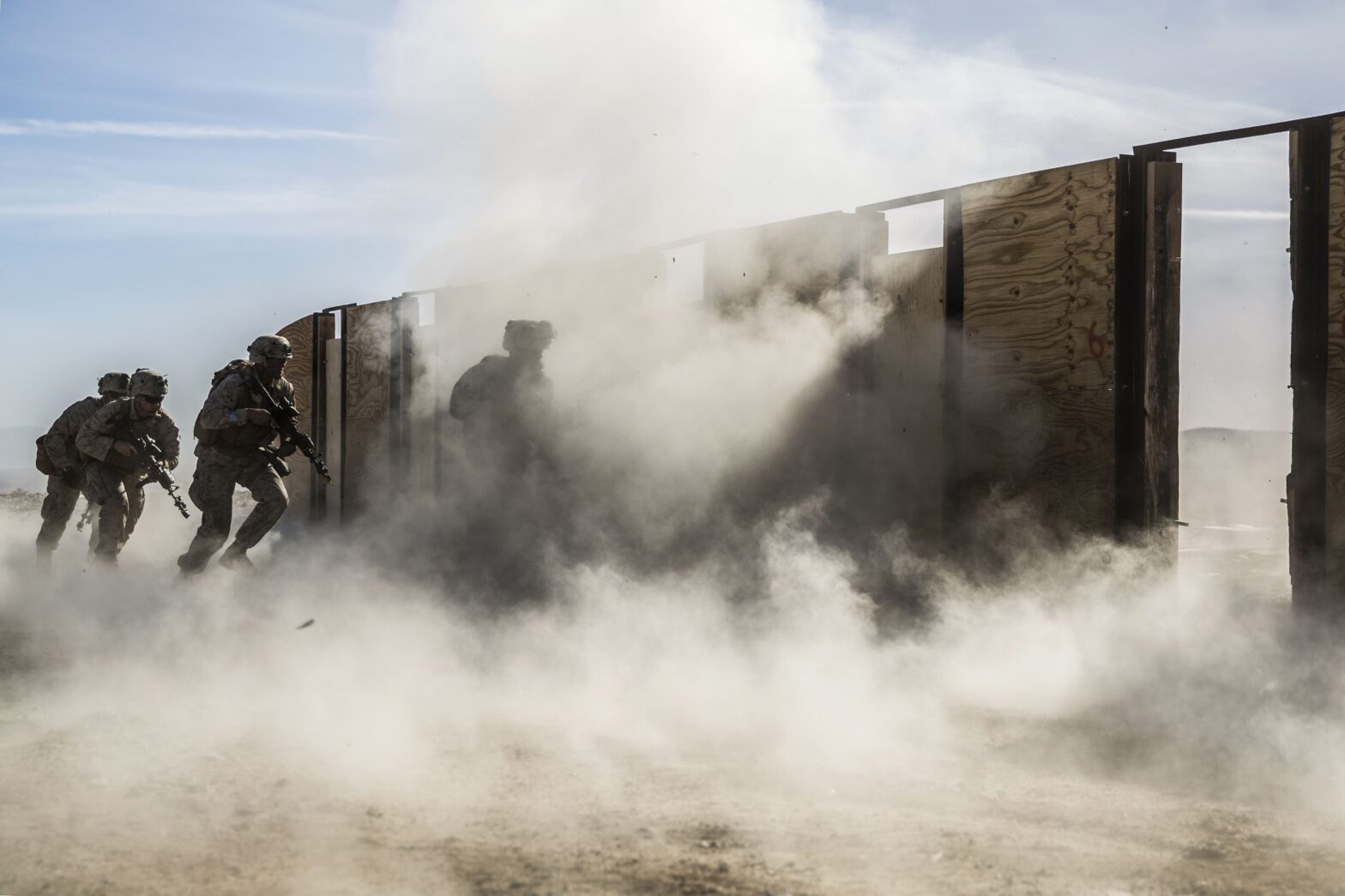This is a recent study published by Miller et al., 2022. Here is a summary of the study, findings, and conclusions.
- Objective: “identify plasma metabolite biomarkers in military personnel that were exposed to repeated low-level or subconcussive blast overpressure.”
- Subjects: Canadian military breachers and range staff (MBRS)
- Blast quantification was not attempted.
- Single session of data collection, taking blood samples and performing neuropsychological and neurocognitive testing.
- They had not been exposed to blast for a minimum of 48 hours, and performed no strenuous activity for at least 24 hours prior to testing.
- Findings: Six metabolites were significantly lower in the MBRS [breacher] group. These metabolites were acetic acid, creatine, formate, acetone, methanol and glutamic acid.
- “MBRS suffer post-concussive symptoms associated with mTBI and poorer health.”
- “Data suggests that repetitive exposure to low-level blasts in military personnel may be potentially identified by measuring as few as three metabolites.”
- These may be “…accurately measured with portable, hand-held breathalyzers, and may be used as future point-of-care monitoring devices for service members in both training and theater.”
- “Oral supplementation with acetic acid, creatine and 1C sources [formate, creatine, choline and betaine], as well as carbohydrate restriction (i.e., ketosis), may alleviate some blast-induced symptoms related to brain energy metabolism, but support for these interventions would require a rigorous randomized controlled trial.”
Reference:
Miller, M. R., DiBattista, A., Patel, M. A., Daley, M., Tenn, C., Nakashima, A., … & Fraser, D. D. (2022). A Distinct Metabolite Signature in Military Personnel Exposed to Repetitive Low-Level Blasts. Frontiers in neurology, 631.
